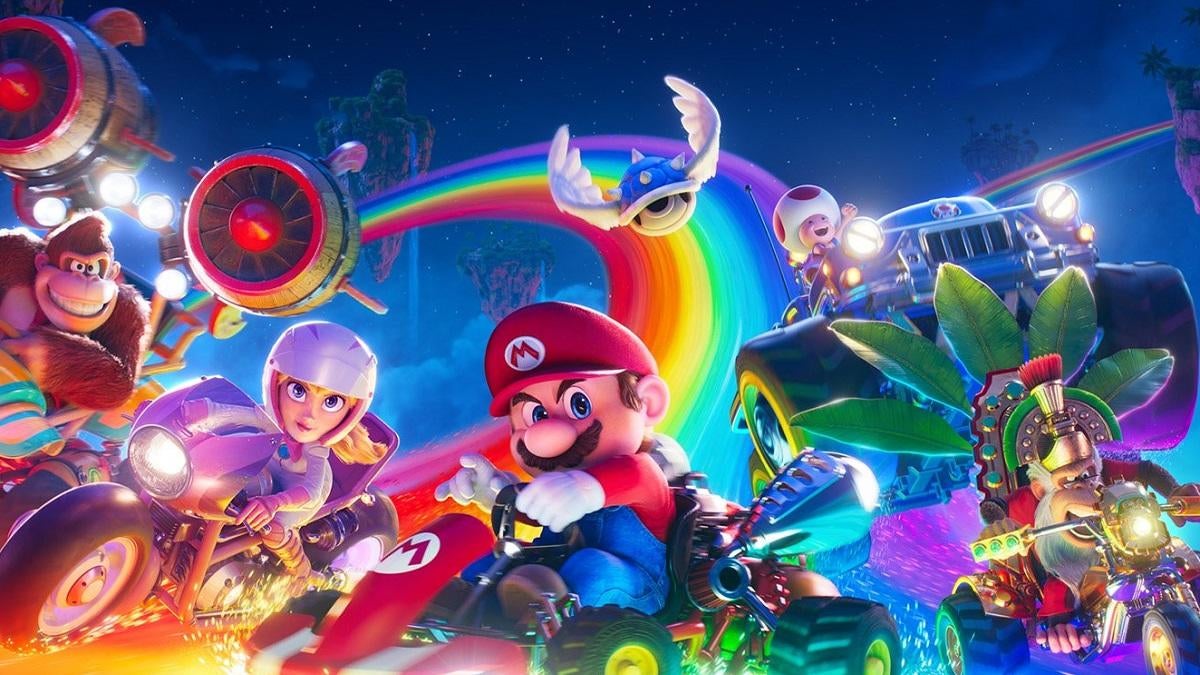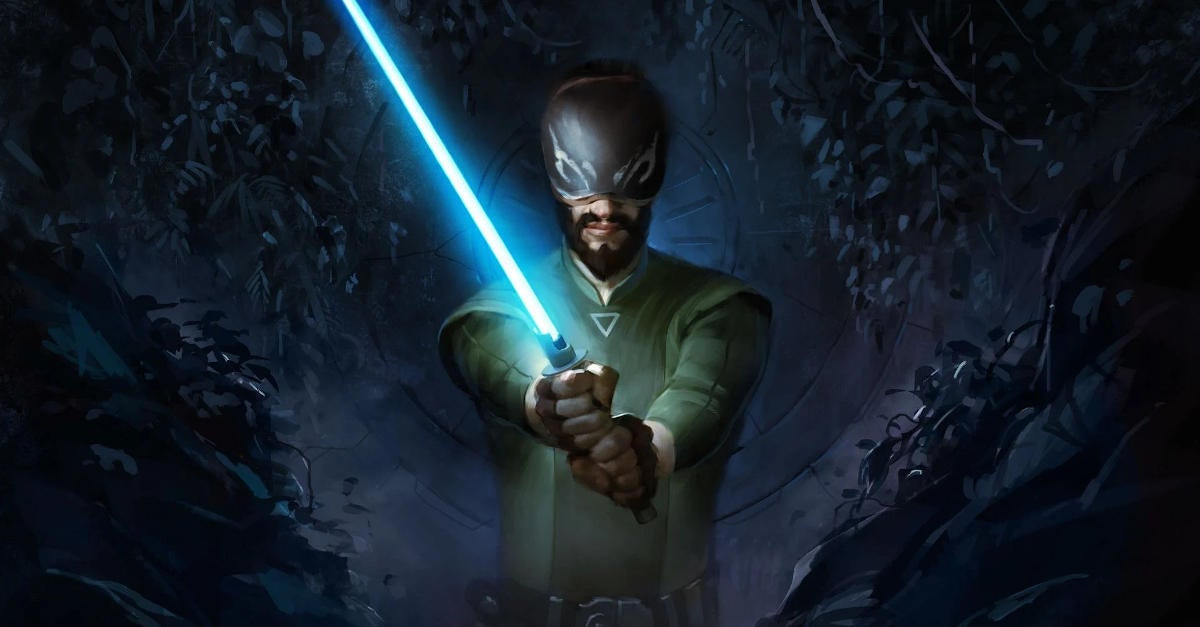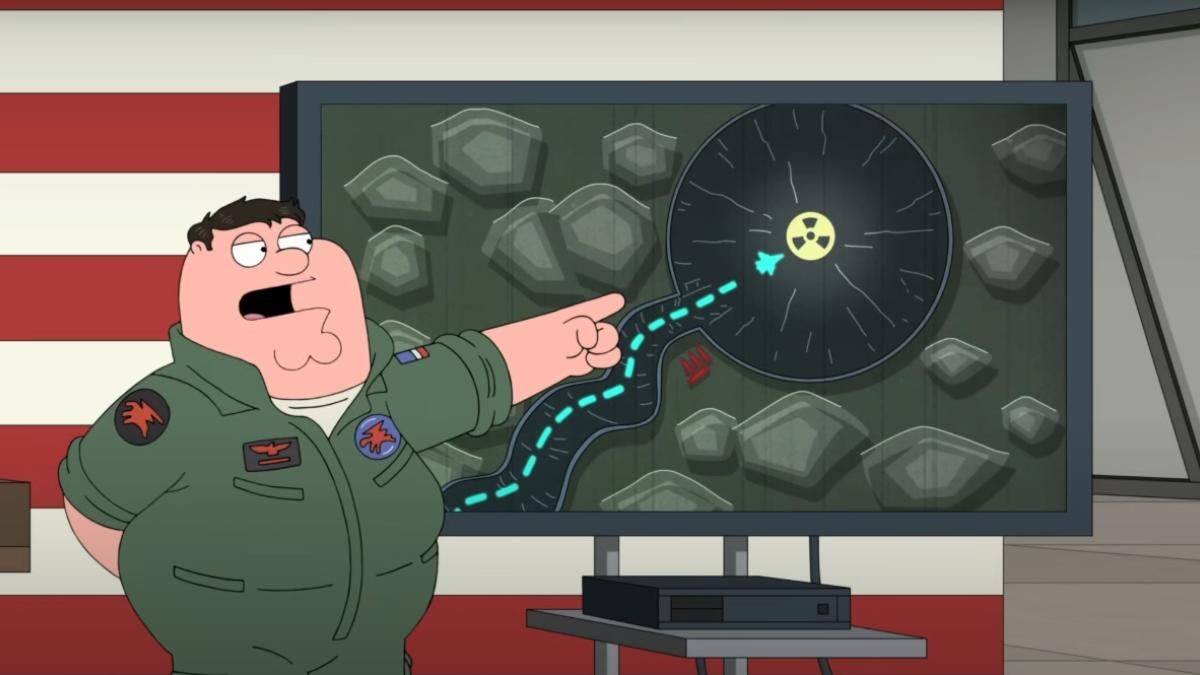Star Wars: Dave Filoni Explains Why "Duel of the Fates" Is the Most Important Moment in the Franchise
When it comes to Star Wars, there may not be another person on the planet not-named George Lucas [...]
When it comes to Star Wars, there may not be another person on the planet not-named George Lucas that knows the franchise better than Dave Filoni. After learning under Lucas for years, Filoni turned Star Wars: The Clone Wars and Star Wars: Rebels into major animated hits, and helped Jon Favreau bring The Mandalorian to life. Filoni knows Star Wars inside and out, and it may come as a surprise that he believes one of the most pivotal moments in the series takes place in its most disregarded film, Star Wars: The Phantom Menace. In the latest episode of Disney Gallery: The Mandalorian, Filoni spends a few minutes talking about the lightsaber fight between Qui-Gon Jinn, Obi-Wan Kenobi, and Darth Maul, also known as The Duel of the Fates, and how it ultimately sets the stage for the entire story of Star Wars.
"In Phantom Menace, you're watching these two Jedi in their prime fight this evil villain," Filoni explains. "Maul couldn't be more obviously the villain. He's designed to look evil, and he is evil, and he expresses that from his face, all the way out to the type of lightsaber he fights with. What's at stake is really how Anakin is going to turn out. Because Qui-Gon is different than the rest of the Jedi, and you get that in the movie. Qui-Gon is fighting because he knows he's the father that Anakin needs, because Qui-Gon hasn't given up on the fact that the Jedi are supposed to actually care, and love, and that that's not a bad thing. The rest of the Jedi are so detached, and they've become so political, that they've really lost their way. Yoda starts to see that in the second film, but Qui-Gon is ahead of them all and that's why he's not part of the council.
"So he's fighting for Anakin, and that's why it's the Duel of the Fates. It's the fate of this child. And depending on how this fight goes, his life is going to be dramatically different. So Qui-Gon loses, of course, so the father figure [is gone]. Because he knew what it meant to take this kid away from his mother when he had an attachment, and he's left with Obi-Wan. Obi-Wan trains Anakin, at first, out of a promise he makes to Qui-Gon, not because he cares about him. He's a brother to Anakin, eventually, but he's not a father figure. That's a failing for Anakin. He doesn't have the family that he needs. He loses his mother in the next film. He fails the promise to his mother, 'I will come back and save you.' So he's left completely vulnerable, and Star Wars is ultimately about family."
As Filoni continues, he breaks down why that fight isn't just the key cog in the Prequel Trilogy, but in the overall Star Wars franchise as well. The fate of Anakin comes full circle five films later, at the end of Star Wars: Return of the Jedi.
"So that moment in that movie, that I think a lot of people diminish into just this cool lightsaber fight, is everything that the entire three films of the prequels hangs on," he says. "It's that one particular fight. And Maul serves his purpose, and at that point died — before George made me bring him back. But he died, and that's showing you, again, how the Emperor is completely self-serving. He's just a tool. He's using people and now he's going to use this child. That follows all the way through to the line, which terrified me as a kid, when the Emperor tells Luke, 'You, like your father, are now mine.'"
What ultimately saves Luke in Return of the Jedi, according to Filoni, is his connection to his father. He chooses not to kill the Emperor, and Anakin chooses to give up his power in order to be the father he never had.
"I believe Luke would turn to the Dark Side in Return of the Jedi," Filoni says. "I believe that was on the table, I believe he would kill the Emperor. The only thing that's going to save him is not his connection to the Force, it's not the powers he's learned, it's not all these things that are an advantage to him. That's gotten him to the table. But what saves Luke is his ability to look at all that, and look at his father, and say, 'No. I'm going to throw away this weapon. I'm not going to do that. I'm going to let that go and be selfless.' And he says, 'I am a Jedi like my father before me.' But what he's really saying, and why I connect so powerfully to him, is 'I love my father and there is nothing you can do that's going to change that. The Emperor can't understand that connection. 'Why wouldn't you take someone offering you the power of the galaxy? Why won't you take this?' And Anakin, then in that moment, has to decide to be the father that he's never had. He has to give up all of the power in the galaxy and save his son. That's the selfless act that he does in return for his son and that's what saves him. So the son saves the father and the father saves the son and it works out perfectly. And I draw that line all the way from Phantom Menace to Return of the Jedi. That's the story of Star Wars."
So, despite being the punchline in a lot of jokes about the prequels, The Phantom Menace is incredibly important to the entire Skywalker Saga. Without Qui-Gon Jinn's loss to Darth Maul, Anakin may never becoem Darth Vader, changing the future of the galaxy.
You can find Filoni's breakdown of The Duel of the Fates in the latest episode of Disney Gallery: The Mandalorian, at around the 21-minute mark.




